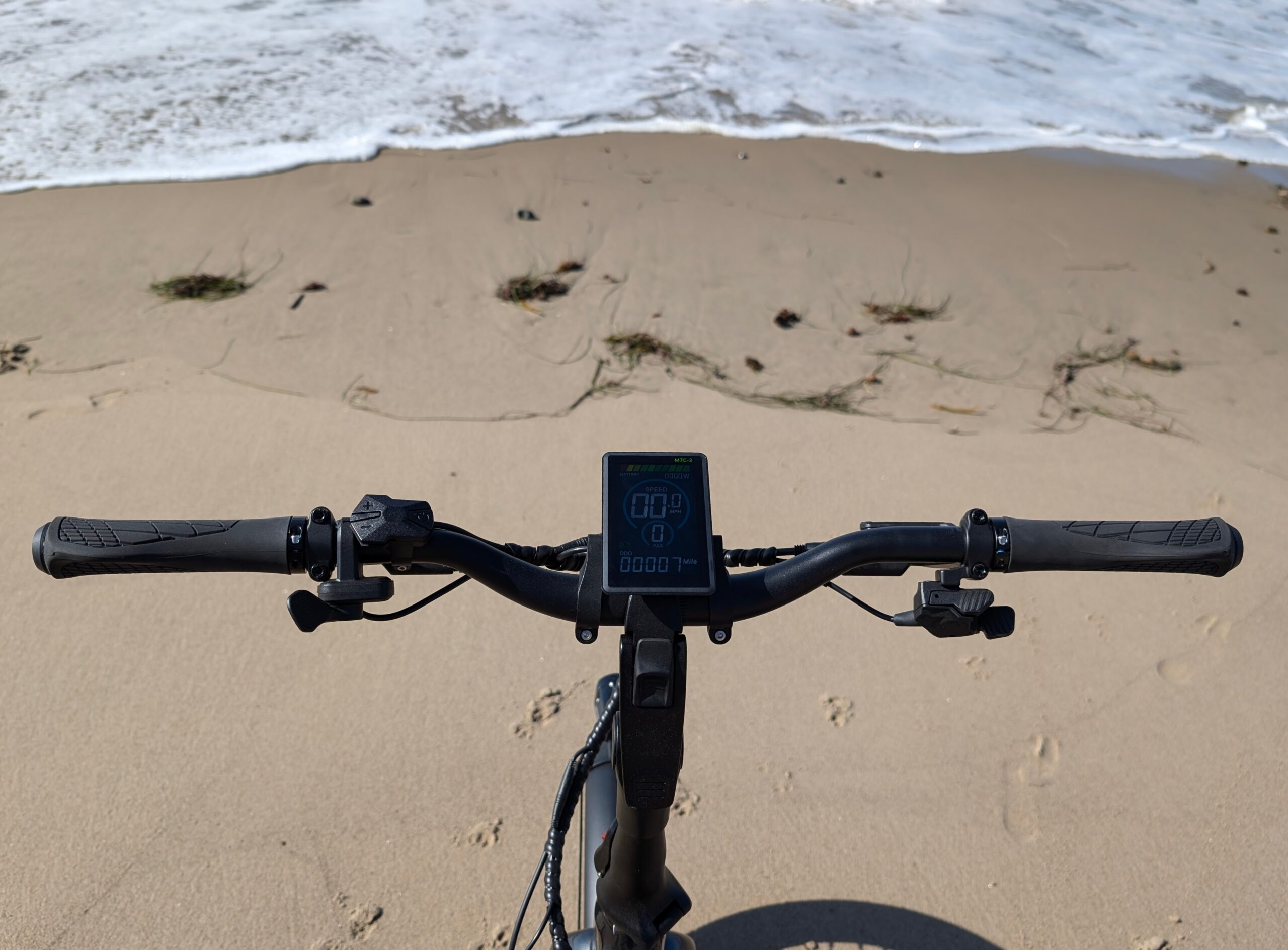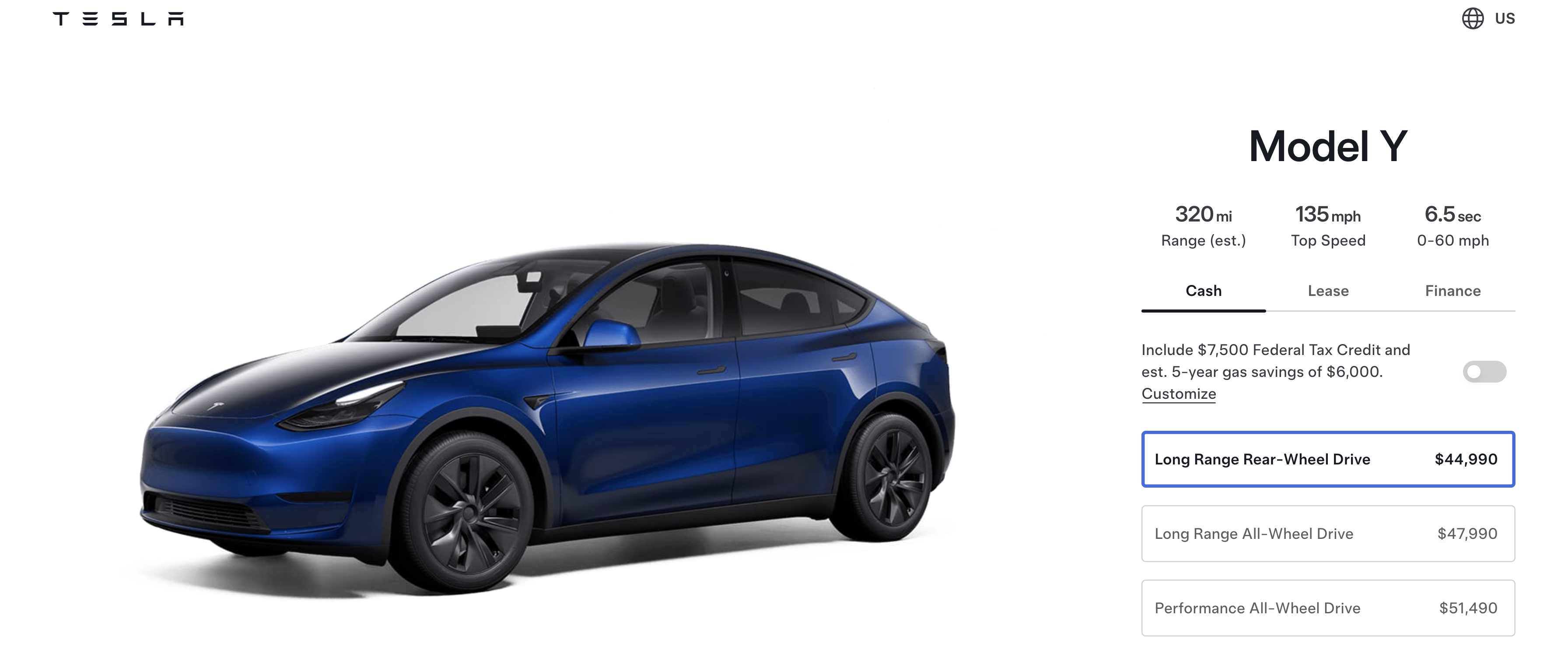Sign up for daily news updates from CleanTechnica on email. Or follow us on Google News!
A recent news story from Wisconsin shares some bad news: the state is at risk of losing out on the NEVI funding, or the money from the Infrastructure Law that’s supposed to go toward building out more charging infrastructure. (article continues after video)
The video starts out by showing a couple who’s traveled all over the United States in their Mach-E GT. The report didn’t exaggerate the problems with charging infrastructure by saying it’s impossible or impossible except in a Tesla, but viewers did get some honest information about the remaining challenges. Home charging has been great, but charging away from home on trips is more troublesome in many cases. So, better chargers and more chargers are definitely needed.
The biggest problem? Actually traveling around Wisconsin. The interstate highways are well covered for long intracontinental trips, but there are still some significant dead zones in Wisconsin that are made worse by busted charging stations. The state has a lot of money that’s supposed to be coming from the federal government as part of the infrastructure law, and that would go a long way toward making EVs more useful in the state.
But, there’s a hangup: Wisconsin has an old law on the books that would make building NEVI charging stations illegal. The law at present doesn’t let anybody but power utilities charge for electricity by the kilowatt-hour (kWh), and existing companies serving charging needs in the state get around this by charging for time plugged in (by the minute). But, federal law requires the stations to bill by the kWh and not time. This leaves Wisconsin’s state DOT unable to comply with both laws.
According to a DOT official, Wisconsin is one of two states that hasn’t made the needed change to the law. Nebraska is the other one. Sadly, attempts to change the law keep getting held up in the legislature due to politics. Some wanted to add in more restrictions on charging stations, like excluding governments from operating them, and that sank past bills.
One thing that isn’t covered in the news story is that there is a backup plan in the event the state forfeits the funding. If a state fails to build the stations out, the federal government is authorized to bid the station building out themselves. It’s also possible later for the federal government to use a portion of the overall funding to make up for other failures in the state’s implementation, like leaving dead zones.
But, the requirement to charge by the kWh of electricity instead of by the minute could still affect a federal rollout later. This could be bypassed by implementing free stations, taking the state to court, or building the stations on tribal lands that aren’t subject to state law. So, it’s definitely possible for it to happen.
The big question now is whether the stations will be delayed for years by a dumb law. Even if the stations do get built, delaying their implementation by years would have a measurable effect on EV adoption in the state.
Featured image by Jennifer Sensiba.
Have a tip for CleanTechnica? Want to advertise? Want to suggest a guest for our CleanTech Talk podcast? Contact us here.
Our Latest EVObsession Video
I don’t like paywalls. You don’t like paywalls. Who likes paywalls? Here at CleanTechnica, we implemented a limited paywall for a while, but it always felt wrong — and it was always tough to decide what we should put behind there. In theory, your most exclusive and best content goes behind a paywall. But then fewer people read it!! So, we’ve decided to completely nix paywalls here at CleanTechnica. But…
Thank you!
CleanTechnica uses affiliate links. See our policy here.




